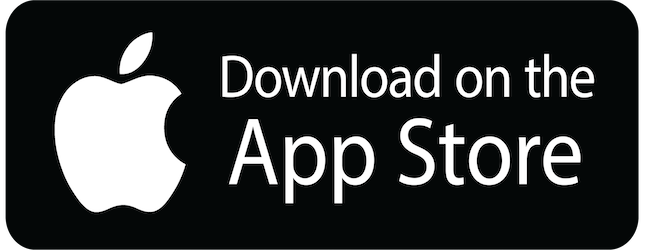Does punctuation go inside or outside of quotation marks?
We use quotation marks in English in several situations:
-
when quoting exactly what someone said or wrote
He said, "Don't bother cooking dinner for me."
-
when naming the title of an article, song, TV episode, etc.
I sang a song I wrote called "Only Once".
-
when writing about a word or phrase
It's totally fine to say "thanks" instead of "thank you" to your boss.
One issue that comes up when you use quotation marks is where to put other punctuation like periods, commas, and question marks. Should they go outside of the quotation marks or inside? The issue is complicated because there are two different accepted answers: one for American English and another for British English.
American Rules
The American English rule for periods and commas is pretty simple: put them inside of the quotation marks. This applies for quoted sentences:
I replied, "I'm not sure."
It also applies for quoted words or phrases:
We did a dance called "The Electric Slide."
When it comes to colons and semicolons, it's the opposite: they always go on the outside:
There's just one guy I know who loves the song "My Heart Will Go On": my brother Tony.
Now we come to exclamation points (!) and question marks (?). The standard American English rule is to put them where they belong. Put them inside if they're part of the quoted sentence:
He asked me, "What do you want to be when you grow up?"
Put them outside if they're part of the main sentence, but not part of the quote:
Didn't you hear when he said "I'll be back by noon"?
Have you ever used the word "audacious"?
British Rules
In American English, question marks and exclamation marks are placed logically, based on whether they belong to the quote or the sentence. In British English, we treat periods and commas the same way. If a period or comma belongs to the quote, you put it inside of the quotation marks:
They said, "No, you have to submit it to the Board for approval."
Note that a period becomes a comma if the quote isn't at the end of the sentence:
When I told them "I'm moving out," they were shocked.
The period or comma goes on the outside if it doesn't belong to the quote:
Short words like "get", "on", "the", and so on can be some of the hardest to master.
My teacher made us read a short story called "The Monkey's Paw".
The rules for colons, semicolons, exclamation marks, and question marks are the same as for American English.
Few people know the rules.
The rules for quotation marks and punctuation are complicated. Because of that, not many English speakers know them perfectly.
There's also the matter of personal preference. For example, PhraseMix.com is a site for learning American English, but it follows the British style of punctuation. Why? Because it seems to make more sense and look nicer.
So if you need to learn proper punctuation for school or work, then study the rules above. Otherwise, you might want to spend your time on something else.
Print this Article




